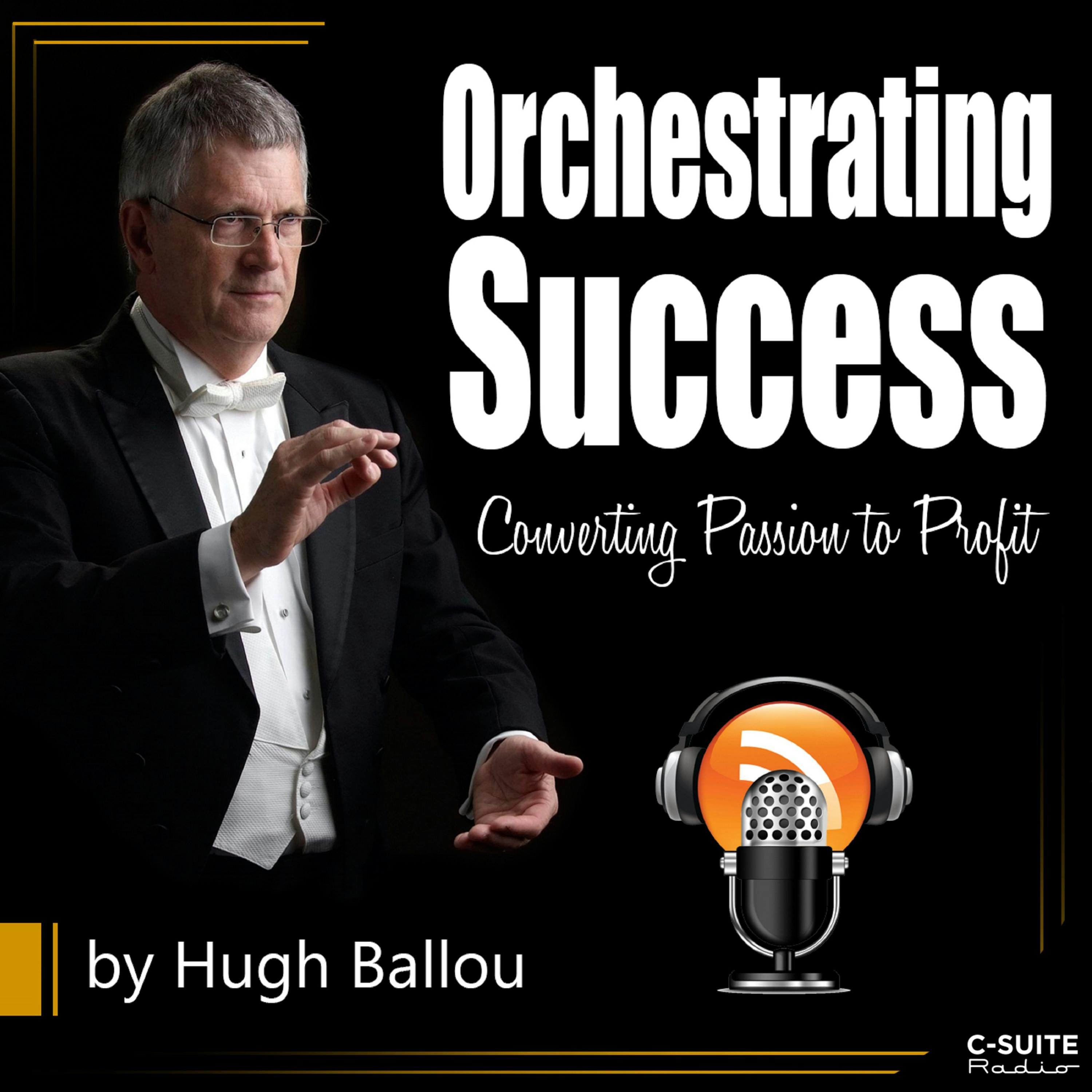OS 67: Leadership Perspective: Reverse Paradigms, Compromise vs Consensus

b"A genuine leader is not a searcher for consensus but a molder of consensus. - Martin Luther King, Jr. \\n\\nThis is an ongoing conversation that comes up with about every organization that I work with. I find that people universally don\\u2019t understand the concept of consensus and confuse it with compromise. In fact, many leaders consider either on to be a weakness of leadership rather than a strength of an influencer leader.\\n\\nMost groups attempt to utilize the principles and processes outlined in Robert\\u2019s Rules of Order, which is a time honored system of best practices. Utilizing consensus strengthens the Robert\\u2019s system.\\n\\nWhen there are active, caring, engaged individuals working together and having meetings, there will be\\xa0differing perspectives and opinions on things. This is a good thing. It\\u2019s the leader\\u2019s duty and\\xa0delight to utilize those perspectives into a synergistic collaboration in which everyone understands the challenges and the benefits of every decision and backs the process. Consensus builds relationships. Compromise erodes relationships.\\n\\nIt will be obvious which side of this debate I fall on\\u2026consensus is giving consent to a decision. Many feel that compromise and consensus are the same. I disagree.\\n\\nDespite my revealed opinion on this topic, I trust that you will be interested to see how I distinguish these two standards.\\n\\nThe comparisons to musical ensembles might make sense to you if you are a musician. If you are not a musician, then you might have some misconceptions of how the system works. The musical conductor is perceived by non-musicians, and some musicians, to be a dictator when, in reality, the musical conductor is an influencer. We influence singers and instrumentalists to function at their highest level. That's a form of consensus.\\n\\nCompromise is...\\nEveryone giving up something in order to agree on a decision\\nA Win/Lose or Lose/Lose\\nHolding to a view point and bargaining for middle ground\\nLike a tug of war\\nBargaining\\nPower plays\\nPersonal needs/opinion positioning\\nEveryone loses something\\nMore talking than listening\\nA contractual legalistic agreement\\n\\nConsensus is...\\nEveryone coming up with a better solution than each had originally conceived\\nA Win/Win or No Deal\\nLooking for additional options and not holding fast to an opinion\\nOpen and honest conversation\\nListening for options\\nOpen to options\\nHolding the value for the organization and not for self\\nEveryone gains more than originally perceived\\nA group process of open conversation and decision backed by relationship\\nA covenant agreement and relationship\\n\\nConsensus means that the individuals in the group function like a musical ensemble, in that they carefully listen to each other player/singer and adjust their playing for blend, tempo, dynamic, and tone, and don\\u2019t give up their excellence in musicianship. The synergy created by seeking and practicing consensus building, builds a culture that functions at a higher level and develops mutually agreeable accountabilities and standards of excellence.\\n\\nBy facilitating this process, the leader reaches a higher level of functioning by not micromanaging group process, but guides the process much like the conductor guides the ensemble. Conductors don\\u2019t make the music; they provide the leadership for musical excellence to happen.\\n\\nLeadership is influence.\\nLearn more about your ad choices. Visit megaphone.fm/adchoices"